President Barack Obama is in Laos today where he will attend the ASEAN meeting. Although he cancelled his meeting with Philippine President Rodrigo Duterte, he must stand firm, raise human rights issues prominently, and oppose Duterte’s unjustifiable war on drugs. Even if President Duterte again threatens to revoke the U.S.-Philippines naval bases agreement—meant to provide the Philippines and other countries with protection against China’s aggressive moves in the South China Sea—President Obama must challenge Duterte’s counterproductive and morally- and legally-unjustifiable war on drugs and support for extrajudicial killings.
On September 2, after a bomb went off in Davao where Duterte was mayor for 22 years, the Philippine president declared a “state of lawlessness” in the country. That is indeed what he unleashed in the name of fighting crime and drugs since he became the country’s president in June. With his explicit calls for police to kill drug users and dealers and vigilante purges of neighborhoods, around 2,400 people were killed in the Philippines in the less than two months since he came to power—900 by police and the rest by unidentified others. Such illegal vigilante justice was also the hallmark of Duterte’s tenure as Davao’s mayor, earning him the nickname Duterte Harry. And yet, far from being an exemplar of public safety and crime-free city, Davao remains the murder capital of the Philippines.
Eye on the prize
Smart policies for addressing drug retail markets look very different than the violence and state-sponsored crime President Duterte has thrust upon the Philippines. Rather than killings and mass incarceration, policing retail markets should have several objectives:
- To push dealing off the streets and behind closed doors. This approach minimizes petty crime and community nuisance, and to limit potential users’ access to drug markets to prevent a rise in addiction and overdoses.
- To make drug retail markets as non-violent as possible. This objective is most important, and Duterte’s policy is directly counterproductive. It is slaughtering people, making a drug distribution market that was initially rather peaceful (certainly compared to Latin America, such as Brazil) very violent because of state actions, extrajudicial killings, and vigilante killings. Worse yet, Duterte’s support for police and extrajudicial killings hide other murders, as neighbors and neighborhood committees put rivals and people whose land or property they want to steal on the list of drug suspects. Thus, anyone can be killed by anyone and then labeled a pusher.
- To enhance public health and limit the spread of diseases linked to drug use, also a crucial goal. The worst possible policy is to push addicts into the shadows, ostracize them, and increase the chance of overdoses as well as a rapid spread of HIV/AIDS, drug-resistant tuberculosis, and hepatitis. In prisons, users will not get adequate treatment for either their addiction or their communicable disease. That is why other countries that adopted similar wars on drugs (such as Thailand in 2001 and Vietnam in the same decade) eventually tried to backpedal from them, despite the initial popularity of such policies with publics in East Asia. Instead, they have gradually begun to experiment with safe needle exchange programs and methadone maintenance. As Central America has painfully learned in its struggles against street gangs, mass incarceration policies turn prisons into recruiting grounds for organized crime. Given persisting jihadi terrorism in the Philippines, mass imprisonment of low-level dealers and drug traffickers that mixes them with terrorists in prisons can lead to dangerous alliances between terrorists and criminals, as has happened in Indonesia.
Duterte’s policy is directly counterproductive.
Ripple effects
The mass killings and imprisonment in the Philippines will not dry up demand for drugs: The many people who will end up in overcrowded jails (as is already happening) will have a high chance of becoming addicted in prison. There is always smuggling into prisons and many prisons are major drug distribution and consumption spots.
As long as there is demand, supply and retailing will persist, simply taking another form. In fact, there is a high chance that Duterte’s hunting down of low-level pushers (and those accused of being pushers) will in fact significantly increase organized crime in the Philippines and intensify corruption. The dealers and traffickers who remain on the streets will only be those who can either violently oppose law enforcement and vigilante groups or bribe their way to the highest positions of power. By eliminating low-level, mostly non-violent dealers, Duterte is paradoxically and counterproductively setting up a situation where more organized and powerful drug traffickers and distribution will emerge.
Inducing police to engage in de facto shoot-to-kill policies is enormously corrosive to law enforcement (not to mention the rule of law). Moreover, corrupt top-level cops and government officials tasked with such witchhunts will have the perfect opportunity to direct law enforcement against their drug business rivals as well as political enemies, and themselves become the top drug capos.
A re-think
The Philippines should adopt radically different approaches: The shoot-to-kill directives to police and calls for extrajudicial killings should stop immediately, as should dragnets against low-level pushers and users. Law-enforcement and rule of law components of drug policy designs need to make reducing criminal violence and violent militancy among their highest objectives. The Philippines should build up real intelligence on the drug trafficking networks that President Duterte alleges exist in the Philippines and target their middle operational layers, rather than low-level dealers, as well as their corruption networks in the government and law enforcement. However, the latter cannot be used to cover up eliminating rival politicians and independent political voices.
To deal with addiction, the Philippines should adopt enlightened harm-reduction measures, including methadone maintenance, safe-needle exchange, and access to effective treatment. No doubt, these are difficult and elusive for methamphetamines, the drug of choice in the Philippines. Meth addiction is very difficult to treat and is associated with high morbidity levels. And with an estimated 687,000 people having turned themselves in to Philippine authorities in recent months, the meager number of current treatment facilities (about 50) won’t cut it. Instead of turning his country into a lawless Wild East, President Duterte should make the Philippines the center of collaborative East Asian research on how to develop effective public health approaches to methamphetamine addiction. It is only through these kinds of constructive steps that Duterte—and other regional leaders—can minimize the harms that drug use and trade pose. Instead, under Duterte’s existing policy, counternarcotics efforts themselves pose greater threats to society.
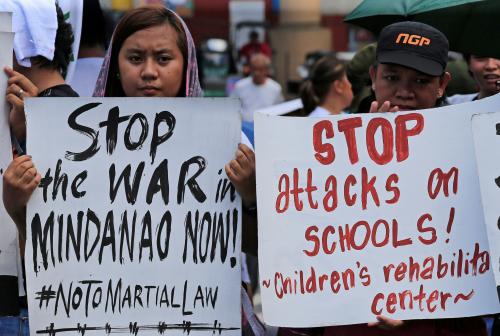
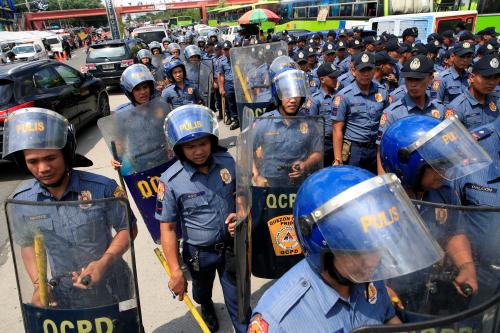
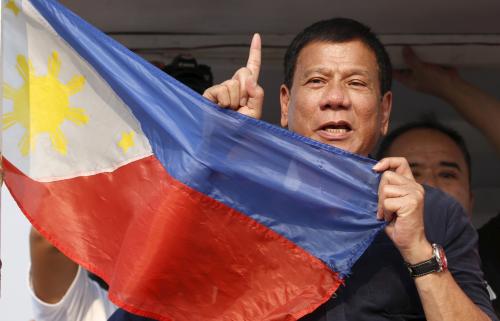
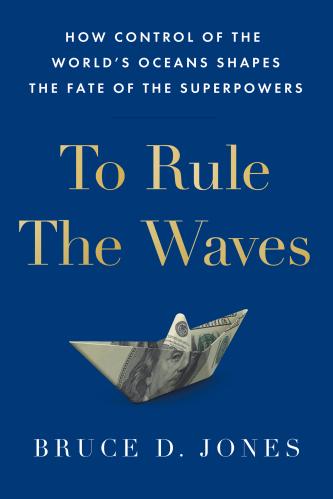
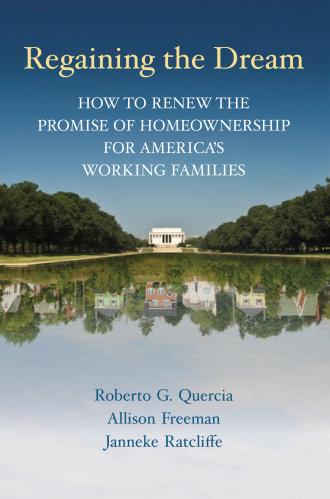



Commentary
Detoxifying Duterte’s drug directives
September 6, 2016